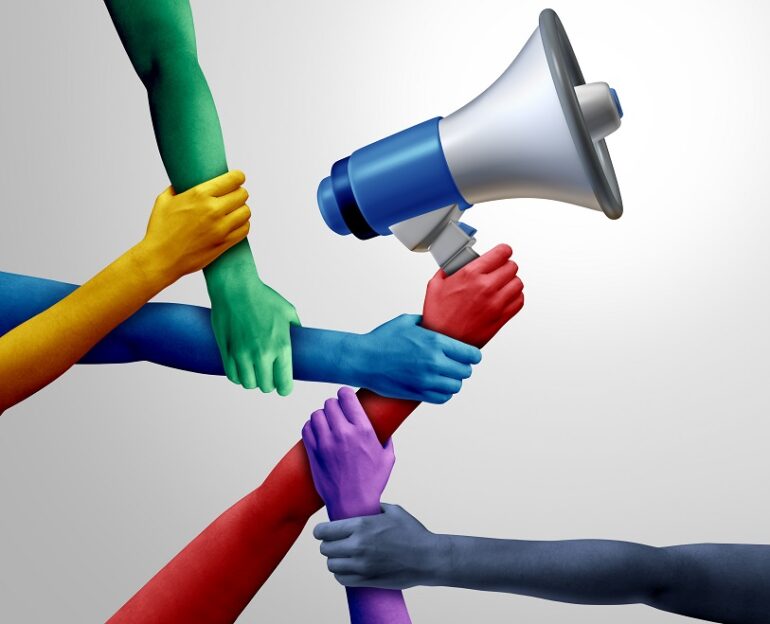Generation Z, often dismissed as too young or too online, is reshaping advocacy from the ground up. They are not waiting their turn or asking politely for space they are taking it. Fueled by lived experience, global connectivity, and an unshakable urgency, young people particularly young women are creating movements that are locally rooted and globally resonant. In communities where speaking out has long been met with silence or suppression, Gen Z is not only raising their voices but learning how to translate that voice into lasting change.
These young advocates are not limited to slogans or social media campaigns. They are pushing for tangible, systemic changes. Based on a recent case study by Equality now, youth leaders In Palestine trained under YW4A reframed sexual harassment as a labor rights issue, working with trade unions and the Ministry of Labour to push for safer, gender-sensitive workplaces. They used tools like community mapping to identify unsafe spaces, then advocated for policy solutions that addressed both cultural norms and legal protections. This merging of grassroots organizing with institutional engagement signals a maturation of youth advocacy that is both strategic and deeply personal.
Similarly In 2024, Kenyan youth spearheaded protests against the Finance Bill, a movement that began online with hashtags like #RejectFinanceBill2024 and spilled into the streets as #OccupyParliament. What began as a digital uprising quickly evolved into a decentralized, leaderless movement driven by thousands of young people demanding economic justice and government accountability
Their pressure was so intense that the President eventually withdrew the bill. By 2025, the momentum had only grown. After the death of Albert Omondi Ojwang, a teacher and blogger who died in police custody, young Kenyans erupted in protest once again, confronting the state not just over economic policies but over institutional violence and impunity.
What unites these movements whether in Gaza, Amman, or Nairobi is not only their youth, but the authenticity and urgency they bring to the table. Gen Z is not lobbying for abstract change but are demanding it in real time, with their own lives often at stake. Their tools are diverse from art, music, poetry, legal briefs, protest signs, and social media storms.
In Kenya, rappers and visual artists have turned protests into cultural memory, with songs and murals honoring those lost and energizing those who remain. In the MENA region, youth are using feminist legal frameworks and cross-border coalitions to challenge centuries-old family laws and patriarchal norms.
Youth-led organizations and coalitions have come up to ensure these young leaders are not simply heard, but meaningfully involved. And yet, the road ahead remains steep. Gen Z’s creativity and passion are not enough on their own. These young advocates need institutional support funding, legal access, mentorship, and most critically a seat at the decision-making table.
If governments and civil society are serious about gender equality, then they must build mechanisms that will institutionalize youth leadership, not merely applaud it. Programs like YW4A are planting seeds, but it is up to policymakers, funders, and elder advocates to ensure that these seeds grow into permanent, systemic reform.
What is unfolding is more than a generational shift it is a paradigm change in how advocacy is imagined, led, and sustained. Gen Z is not waiting for change.They are embodying it. They are re-imagining the future of advocacy not as a ladder to climb but as a space to build together. Their movements are leaderless and leaderful, rooted in solidarity rather than hierarchy, driven by shared experience instead of ideological purity. And whether through courtrooms, parliaments, protests, or poems, they are pushing the boundaries of what justice can look like and who gets to define it.
This generation is not just challenging power they are redistributing it. They are not just participating in advocacy they are reinventing it. And in doing so, they are offering the world not only resistance, but a renewed vision of freedom shaped by those who have the most to gain and the least to lose from changing everything.
